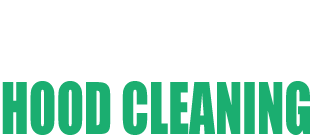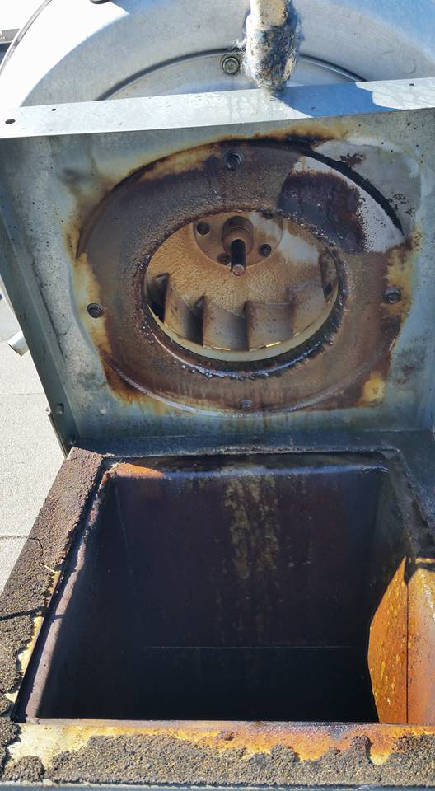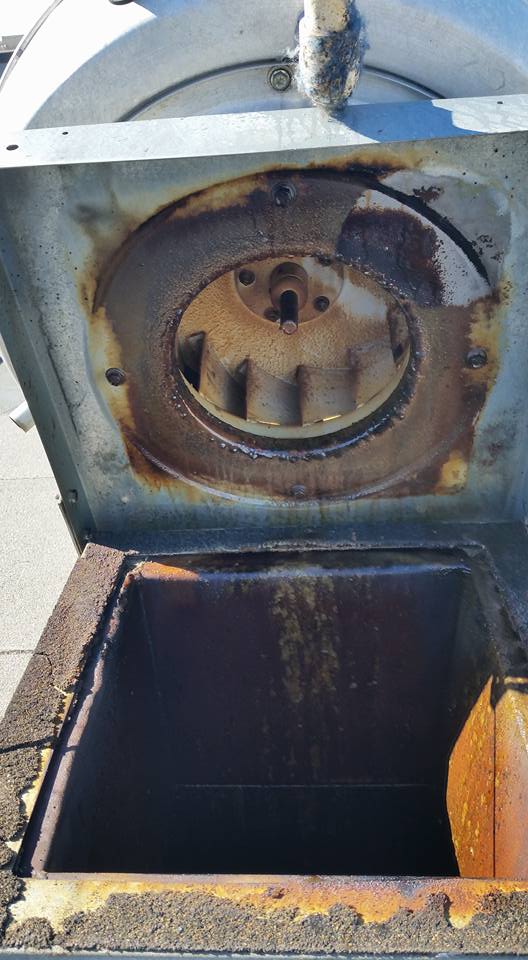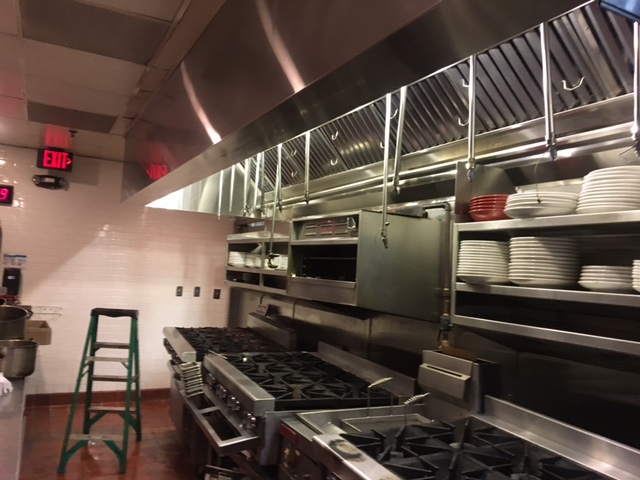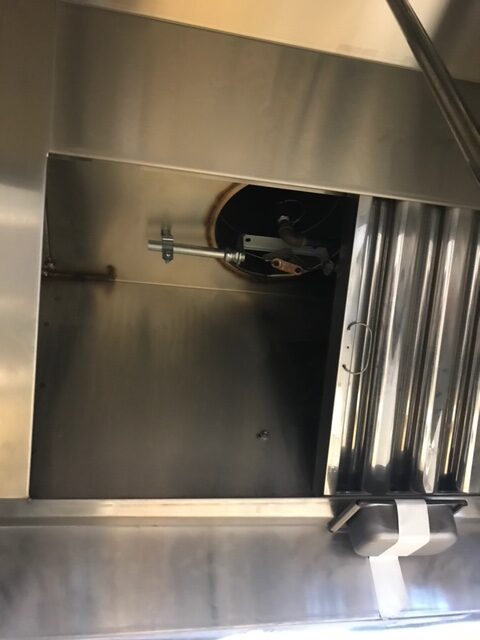San Jose Restaurants should understand the Importance of Regular Hood Cleaning for Success: A Comprehensive Guide
Establishing and running a restaurant in San Jose comes with many responsibilities. From customer satisfaction to staff management, there are various aspects that must be taken into account when running one. One crucial aspect that is often neglected when managing staff is cleaning out restaurant hoods regularly – but this comprehensive guide intends to highlight its significance for San Jose eateries by showing the significance and benefits associated with this practice so owners can maintain a safe and hygienic atmosphere for both their employees and customers alike.
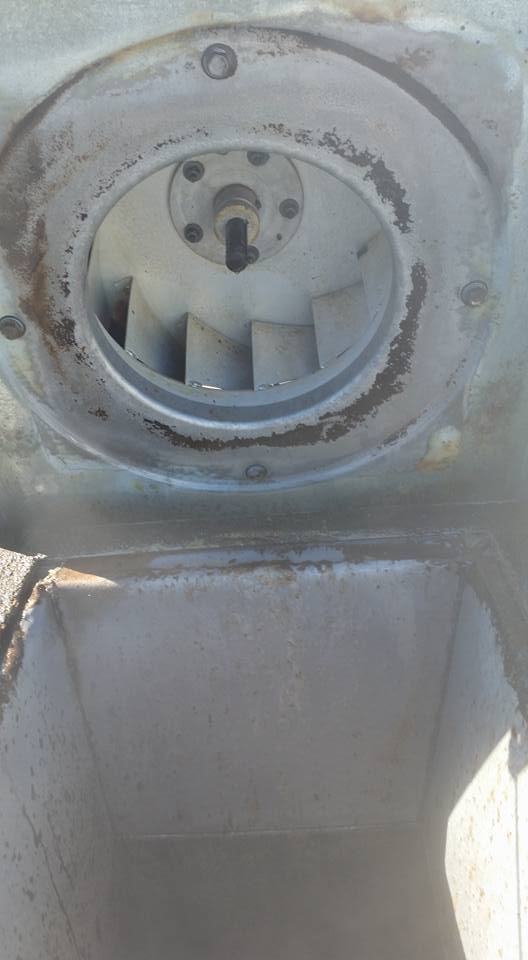
Proper and routine hood cleaning is important for multiple reasons, here are the primary ones:
1. Fire Prevention
Restaurant hoods are designed to remove smoke, grease, and airborne contaminants from the cooking area. However, over time these hoods become covered in grease and oil which poses a fire hazard unless properly maintained and regularly cleaned – maintaining an ongoing cleaning schedule helps eliminate build-up of potentially flammable materials and decrease risk of kitchen fires. Following such procedures ensures everyone’s safety at your establishment!
2. Health and Safety Compliance
A clean and hygienic environment are top priorities for restaurant owners, with failure to comply with health and safety regulations potentially leading to fines, closures and harm to their reputation. Regular hood cleaning plays a key role in meeting these regulations by eliminating grease, bacteria and other contaminants which threaten food safety. By investing in proper cleaning practices restaurant owners can ensure customer and employee wellbeing.
3. Improved Air Quality
A kitchen with improperly maintained hood can suffer from poor air quality. Grease-laden air can circulate throughout the establishment, creating unpleasant odors and health risks. Regular hood cleaning helps improve this air quality by clearing away grease, smoke and other pollutants – creating a more pleasant and inviting atmosphere for both customers and staff alike.
4. Improved Equipment Performance
Neglecting to clean kitchen hoods regularly can have a devastating impact on their performance, with grease buildup clogging filters and ducts, creating ventilation issues and decreasing exhaust system efficiency. Regular hood cleaning ensures optimal functioning while simultaneously increasing their lifespan while decreasing costs associated with repairs or replacements.
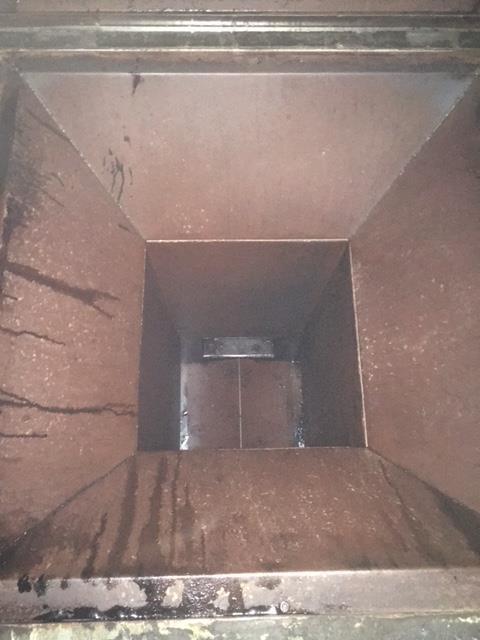
Once we understand the benefits of regular hood cleaning, let’s delve into its process. Professional hood cleaning services in San Jose should be hired for optimal cleaning results as they possess all of the expertise and equipment necessary to clean hoods efficiently.
Cleaning typically includes four steps:
1. Inspection
A professional hood cleaning service begins their cleaning service by inspecting the entire hood system, such as its filters, exhaust fans and ductwork. This allows them to identify any areas requiring special attention before providing a comprehensive clean.
2. Preparatory Work
Prior to initiating their cleaning processes, professionals will take precautionary steps to safeguard their surroundings and avoid damage or contamination of any kind. This may involve covering equipment, countertops, or surfaces in order to reduce potential damages or contamination risks.
3. Degreasing
To start the cleaning process off properly, apply a degreasing solution to your hood and its components. This solution helps break down grease and oil buildup so it is easier to be removed during cleaning procedures.
Once the degreasing solution has been applied, professionals will manually scrub hood surfaces, filters, and any other accessible areas with degreasing solutions to remove stubborn grease and ensure an in-depth clean. This intensive method ensures an even deeper clean for lasting results.
5. Pressure Washing
After hand scrubbing is completed, a high-pressure washer should be utilized to rinse away degreasing solution, grease and other residues left by manual scrubbing, leaving behind only clean and hygienic components in its wake. This step ensures complete removal of contaminants – leaving behind nothing unsanitary within your hood and its components.
6. Ductwork Cleaning
In addition to the hood, it is equally essential to take measures in cleaning out the associated ductwork. Professionals utilize special tools and equipment in order to access and thoroughly cleanse each duct in the ventilation system – this step eliminates any build-up of grease that might have collected over time.
7. Final Inspection
Once the cleaning process is completed, a final inspection should be conducted to ensure all areas have been effectively cleansed and that compliance with health and safety regulations has been achieved. Similarly, this step provides assurance of safe performance from hood systems in compliance with industry requirements. It’s also worth keeping these FAQs in mind for further reference:
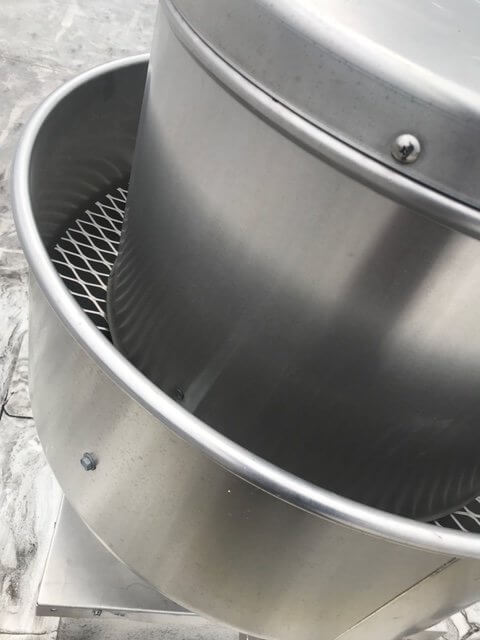
FAQ 1: When should San Jose restaurants clean their hoods?
It is recommended that San Jose restaurants clean their hoods at least every six months, though this can vary depending on the type of cooking methods utilized and volume. Restaurants that produce heavy grease-producing meals may require more frequent maintenance of their hoods.
FAQ 2: Can restaurant owners clean their own hoods?
While it is technically possible for restaurant owners to perform the task themselves, professional hood cleaning services provide expertise, equipment, and knowledge of health and safety regulations to ensure a thorough cleaning service.
FAQ 3: How long will the hood cleaning process take?
The length of time necessary for an extensive hood cleaning varies according to various factors, including its size, level of grease accumulation and accessibility of components. On average, it can take anywhere from two to six hours.
FAQ 4: Are There Hood Cleaning Regulations in San Jose?
Yes, San Jose does have specific hood cleaning regulations in place that aim to ensure food establishments’ safety and hygiene, so restaurant owners should familiarize themselves with them to avoid penalties or closures.
FAQ 5: Can Regular Hood Cleaning Save Restaurant Owners Money?
Regular hood cleaning can be an economical investment for restaurant owners in several ways. By reducing fire risks and costly repairs, as well as prolonging equipment lifespan and limiting replacement needs.
FAQ 6: Do Dirty Hoods Affect Food Taste?
Unfortunately, dirty hoods can have an adverse impact on food taste. A build-up of grease and contaminants within a hood system can release an offensive aroma into the kitchen that seeps into its contents, altering their flavors while inducing foul odors that impact its contents – this means regular hood cleaning will help eliminate these smells so as to ensure no adverse changes to its taste are felt during production.
Conclusion
Hood cleaning is an integral component of maintaining a safe, clean, and compliant restaurant in San Jose. By prioritizing this practice, restaurant owners can prevent kitchen fires, meet health and safety regulations, improve air quality, and maximize performance of kitchen equipment. Professional services should be utilized to ensure an effective hood cleaning process is undertaken regularly by establishment owners who care about customer safety as well as their establishment’s success. By investing in regular hood cleaning programs they demonstrate their dedication to their customer’s well-being while contributing to business success!
